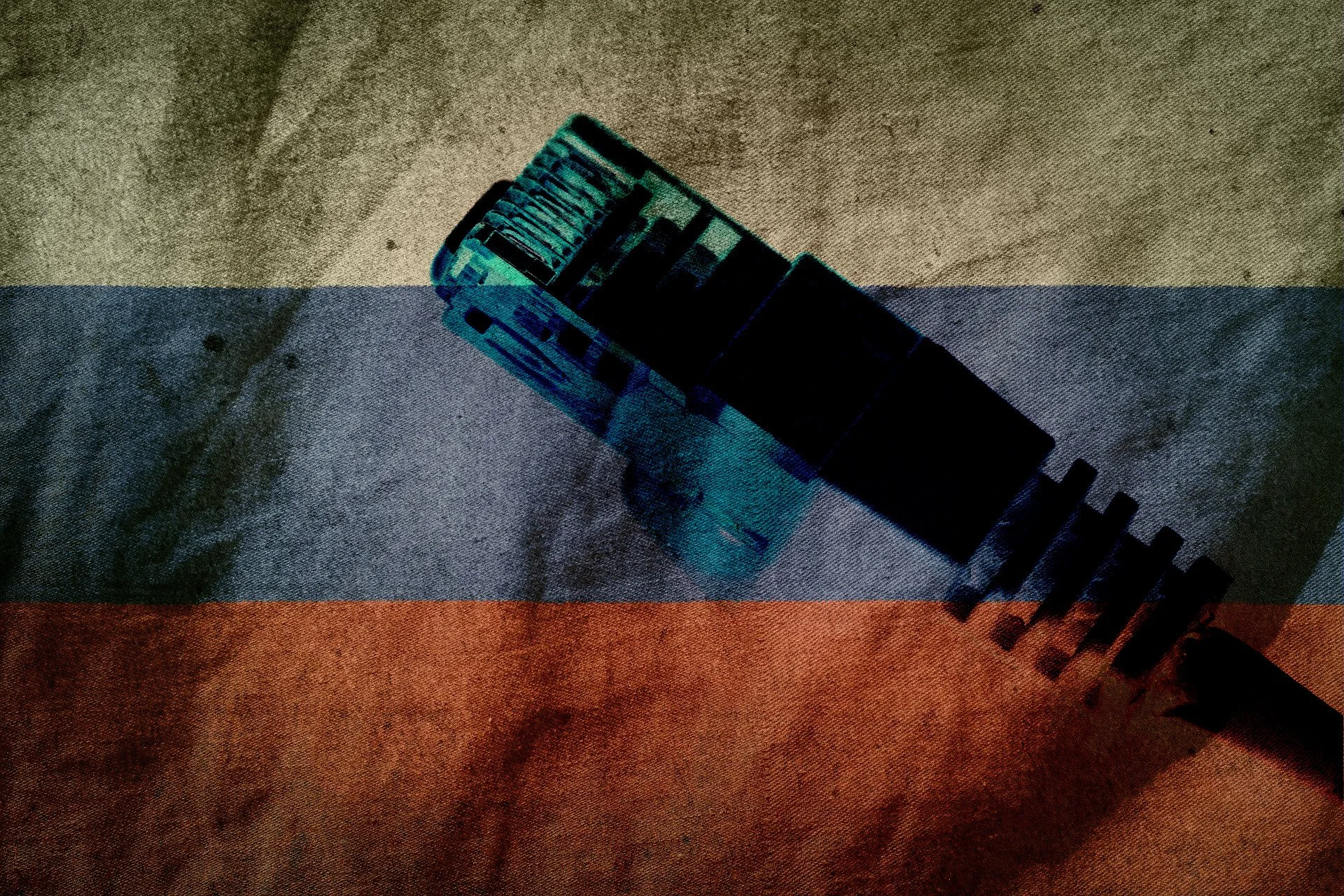Why a Sovereign Internet in the United States is Not Such a Good Idea
By Padmini Subhashree
Glasnost (openness) and Perestroika (restructuring) were the twin paradigms that guided Mikhail Gorbachev as he shepherded the Soviet Union's journey toward social democracy. What began out of the shadows of authoritarian rule soon led to a period of significant economic and social reform.
Yet today, in the year of Gorbachev's death, the image of a "reformed" Russia looks almost no different from decades earlier. The physical walls of economic and political isolation that previously engulfed the country have been replaced with digital walls. We live in an age where authoritarian regimes (China, Iran, etc.) have mastered the acts of internet censorship and information blockade. As these nations continue to do so, one wonders if that’s where the future of the internet is headed–a fragmented sovereign construct entirely different from the utopian, open communication character that was envisioned.
THE AGE OF INTERNET SOVEREIGNTY
Let's start with Russia. The Russian government has historically exerted control over the internet in the country, a push that intensified recently with the goal of isolating Russia from the rest of the world. In November 2019 a law came into effect. Its intent was very ambitious, to control internet traffic and protect the Russian internet (or "RuNet") from external threats.
However, the true intent of the law was to mandate the installation of special equipment and tracking software at key Internet points all across Russia. This would enable the government to reroute information that they deem a “threat to the state.” It would also help isolate RuNet from the rest of the web in the event of an external cyberattack. According to the drafters of the legislation, the law was designed in response to the “aggressive nature” of the U.S. cybersecurity strategy, which was “to identify, counter, disrupt, degrade, and deter behavior in cyberspace that is destabilizing and contrary to [U.S.] national interests.”
HOW FEASIBLE IS A SOVEREIGN INTERNET?
The Russian approach is not without its problems. A remedy designed to counter another nation’s remedy to the same problem seems a little counterintuitive. Let's say that the United States was to borrow Russia’s model and formulate a similar architecture for its own internet. What would that mean?
For starters, any effort to split the internet, however well-intentioned, is supremely problematic. Judging by the expanse of the web and the number of internet users in any given country, a “balkanization” of the internet would not involve creating a new internet but controlling the existing one. During the Arab Spring protests, Egypt shut down all its local DNSs for a few days, a maneuver that cost the economy more than $100 million. Iran, on the other hand, uses a variety of measures to censor its internet: DNS redirection, keyword-based blocking of access, choking connection speeds to selective services and protocols, etc. So far, these efforts have managed to create an information vacuum rather than a sovereign internet.
The bottom line is if the United States was to adopt a framework for digital sovereignty within its borders, it would create a lot of friction in terms of both connectivity and efficiency. The internet and its underlying architecture are inherently global by design, and the cyberspace is a complex and international construct of intertwined market democracies. Even concepts like data localization (compelling companies to store digital data in the country of its origin) restrict competition and stymy compliance.
EVOLUTION OF INTERNET IDEOLOGY
Although both the Russian and Chinese laws on a sovereign internet are designed toward censorship under the garb of national security, there is an important distinction between them. Beijing has controlled the internet inside China’s borders almost since the beginning, whereas in Russia, the internet developed largely according to free-market principles for many years before the government decided to limit it to designated “black boxes.”
So, one can only imagine how the sovereignty framework would pan out in the United States, which is one of the most open and free-market economies in the world. Centralizing the management of public networks can damage the resilience of the internet and degrade the quality of access. In the end, even if one shuts off the internet through layers of multitiered sophistication (like China did), one must understand that the costs of doing so are far greater than just economic. George Orwell argued, “indifference to objective truth is encouraged by sealing off one part of the world from another.” Perhaps he was right, considering ideas travel faster across borders than people do.
Padmini is an Indian-trained lawyer with significant experience in research and writing related to a diverse set of public interest and private sector matters. She is now pursuing an LLM in international law from The Fletcher School of Law and Diplomacy. Her detailed list of works can be found here.
The image “Runet Ethernet” is licensed under CC0 1.0 Universal (CC0 1.0) Public Domain Dedication





